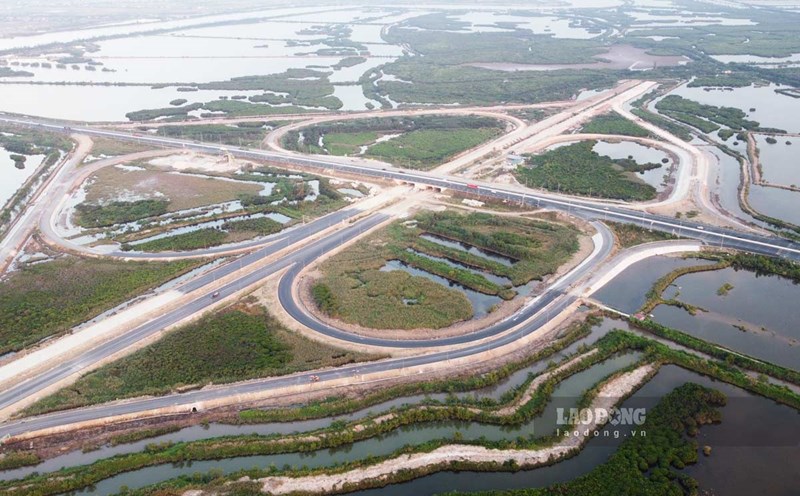According to a report by Cybersecurity Ventures - one of the leading research and consulting companies in the field of cybersecurity - the global economy is expected to lose up to 10,500 billion USD by the end of 2024, due to increasingly large-scale and complex cyber attacks thanks to AI (artificial intelligence).
Therefore, the world needs a trust model to adapt to new threats and new technologies in the digital age.
Digital Trust is not just a single value, but an ecosystem, aiming at the ultimate goal of ensuring and improving the quality of life.
Mr. Li Hai - Director of Security, Government Relations and Communications of Huawei Global emphasized that the goal of Digital Trust is to build a trustworthy digital platform based on Data - Artificial Intelligence - Green Energy (Data + AI + Green) and unlock a prosperous digital future for everyone.
According to Mr. Li Hai, the Digital Trust model consists of five core elements, providing an effective and complete development roadmap towards a prosperous, comprehensive, and sustainable digital transformation future.
T - Technology & Talent: The origin of cybersecurity is technology. Cybersecurity risks can be minimized and tightly managed through innovative technical solutions.
In addition to applying technology to build digital trust among organizations and businesses, developing ICT talent in cybersecurity management is essential to enhance the competitiveness of each country's digital economy.
R - Shared Responsibility: The ecosystem can only develop healthily if roles and responsibilities are clearly defined, at 4 levels of cybersecurity management (national, enterprise, individual, infrastructure and data).
U - Unified Multi-Stakeholders' Collaboration: Strengthening collaboration between government and business is a key factor in developing global solutions, transforming industries and countries to become more digital and intelligent.
S - International Common Standardization: Globally accepted common standards for both ICT technology and cybersecurity are needed to create a fair, consistent environment where all parties can respond to challenges together.
The Government needs to take the lead in establishing a national data security governance framework based on international common standards, suitable for the domestic situation.
T - Fair Digital Trade: Digital trade includes not only goods, but also financial services, telecommunications, computing, entertainment... which are growing rapidly globally.
Multinational and regional Digital Economy Agreements (DEAs) need to update Digital Trade Standards to improve the efficiency, interoperability, and reliability of cross-border digital trade flows.











